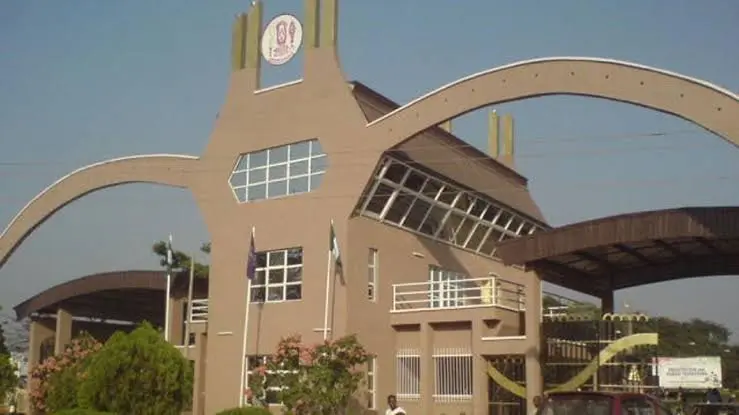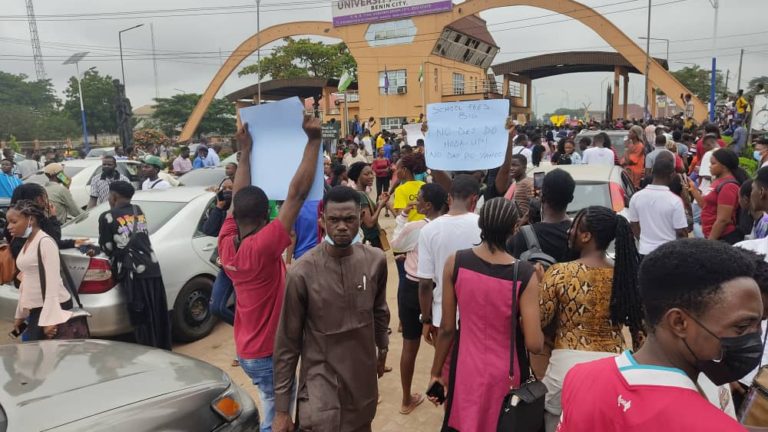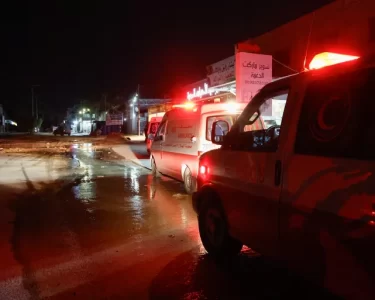The University of Benin (UNIBEN) in Nigeria has indefinitely suspended all academic activities and ordered students to vacate their hostels immediately following intense student protests over electricity rationing. This drastic measure was announced on Thursday, July 4, 2024, by the institution’s Public Relations Officer, Benedicta Ehanire, in response to what the university administration deemed “unrealistic demands” from the student body.

The crisis began when the Benin Electricity Distribution Company (BEDC PLC) disconnected power to the institution due to an outstanding bill of over 250 million naira, a significant increase from the previous 80 million naira bill. This disconnection led to severe power rationing on campus, with students reporting only one hour of electricity per day.
On Wednesday, July 3, students took to the streets in protest, blocking the busy Benin-Ore highway. This action caused significant disruption to traffic and hardship for commuters. Protesters, carrying placards and chanting slogans, demanded a resolution to the power crisis, citing difficulties in studying and preparing for exams due to the lack of electricity.

John, a protesting student, expressed frustration: “We only have one hour of electricity every day since this issue started. We are tired of studying in the dark. We need electricity to read and prepare for our exams.” Another student, Sarah, emphasized the protesters’ determination: “We will not leave the highway until something is done. We can’t afford to fail our exams because of the university’s negligence.”

The university Senate held an emergency meeting on Wednesday to address the situation. However, the failure to reach an agreement with the students led to the decision to shut down the institution. Ehanire’s statement read, “Following the refusal of students of the University of Benin to shift grounds on their demands for 24-hour supply of electricity and more, considered unrealistic by the university’s Senate, the university has shut down academic activities indefinitely.”
This shutdown affects all academic activities, with students ordered to vacate hostels immediately. However, non-teaching staff and those on essential duties are not affected by the closure.

The situation has highlighted the ongoing challenges faced by Nigerian universities in maintaining infrastructure and providing essential services. It also underscores the tension between student expectations and the financial realities of running a large educational institution in Nigeria.
As the university remains closed, questions arise about the long-term impact on the academic calendar and the potential for finding a sustainable solution to the power supply issues. The incident also draws attention to the broader issues of electricity supply and infrastructure development in Nigeria’s education sector.

The university administration and student representatives will need to engage in further dialogue to resolve this crisis and ensure the timely resumption of academic activities. Meanwhile, the local community and commuters hope for a swift resolution to prevent further disruptions to daily life in the area.
Punchng










